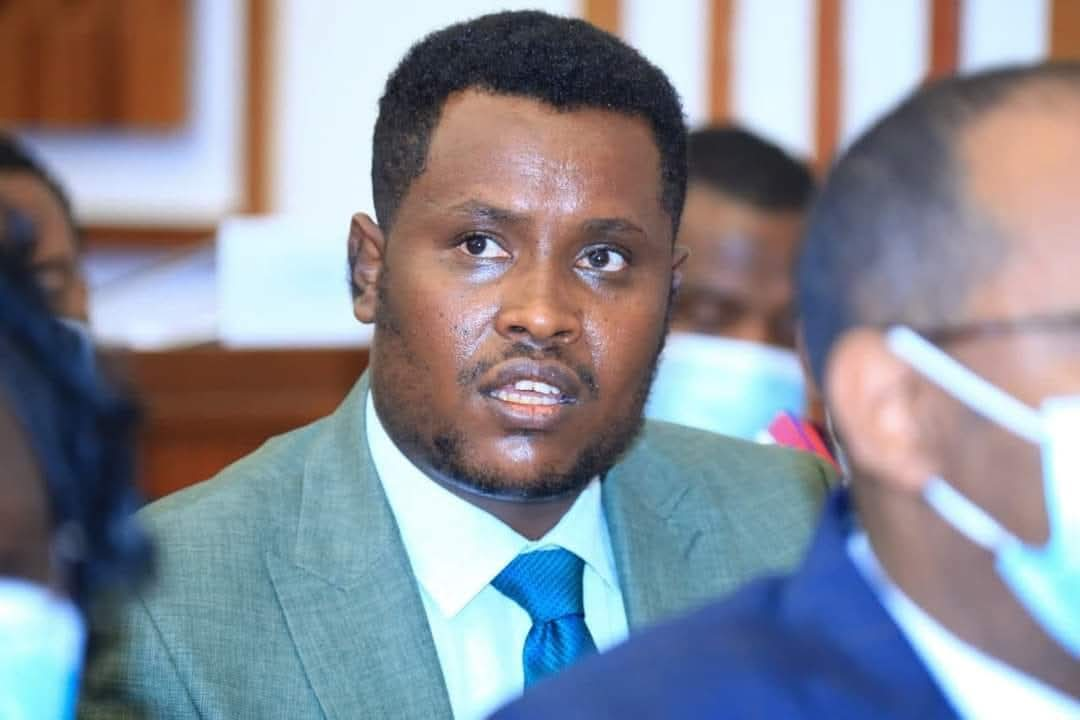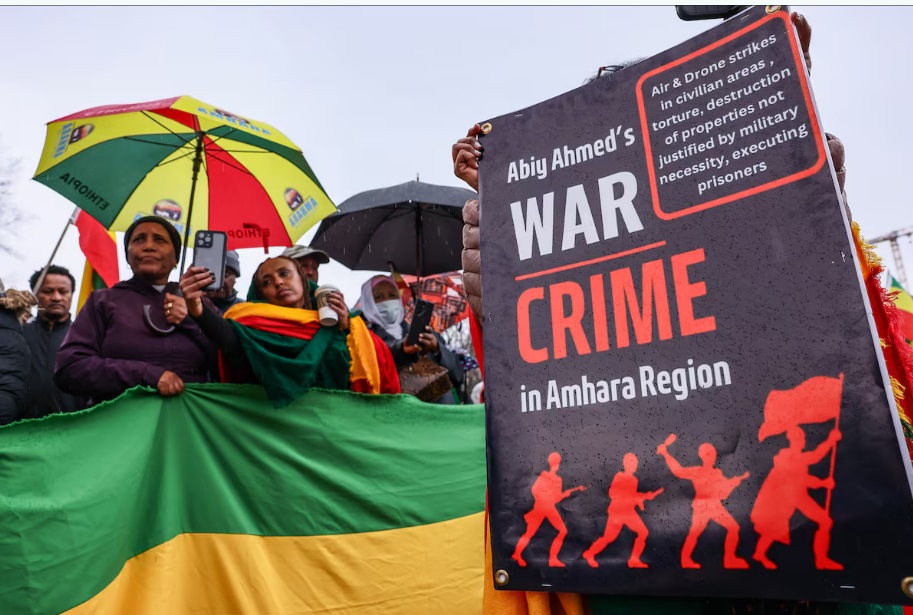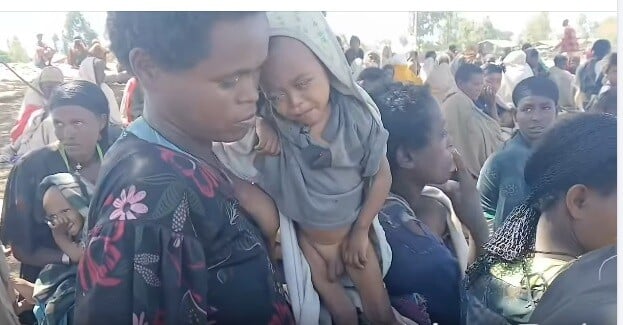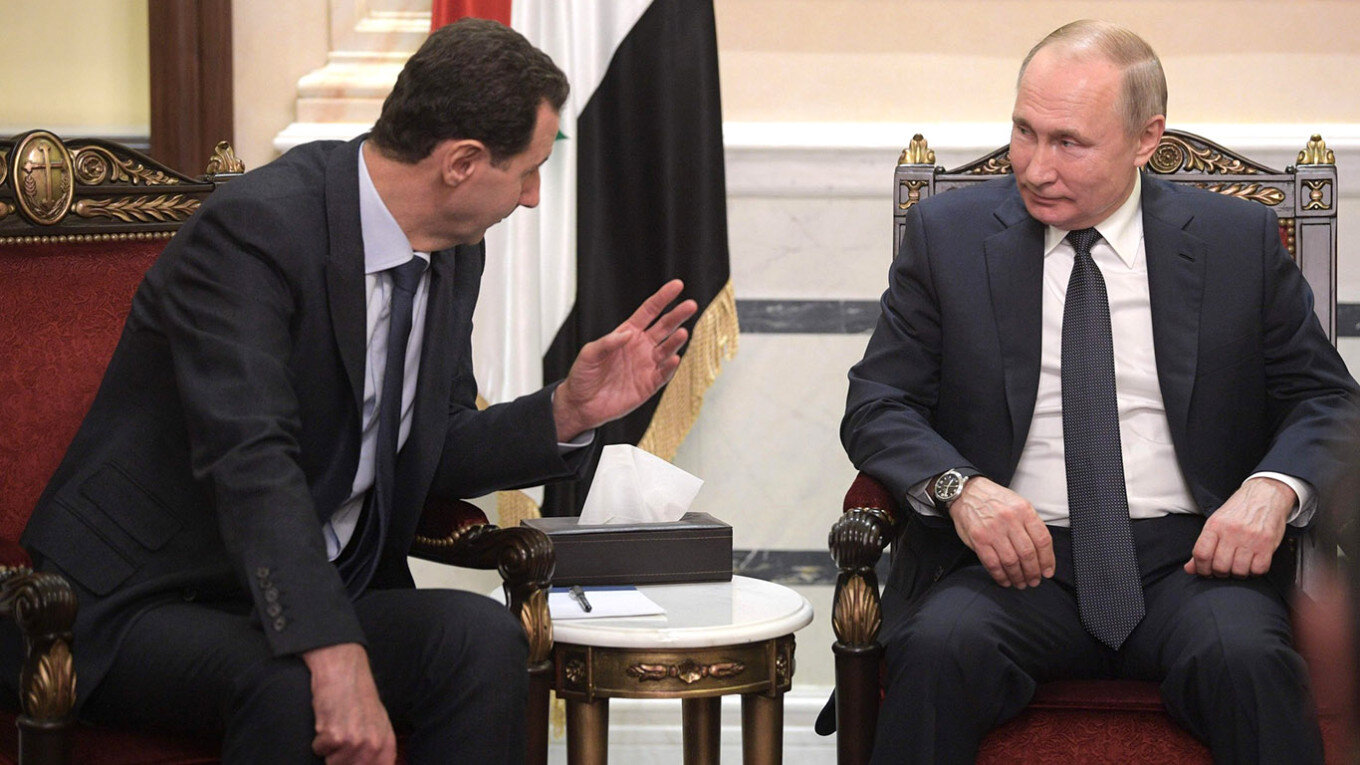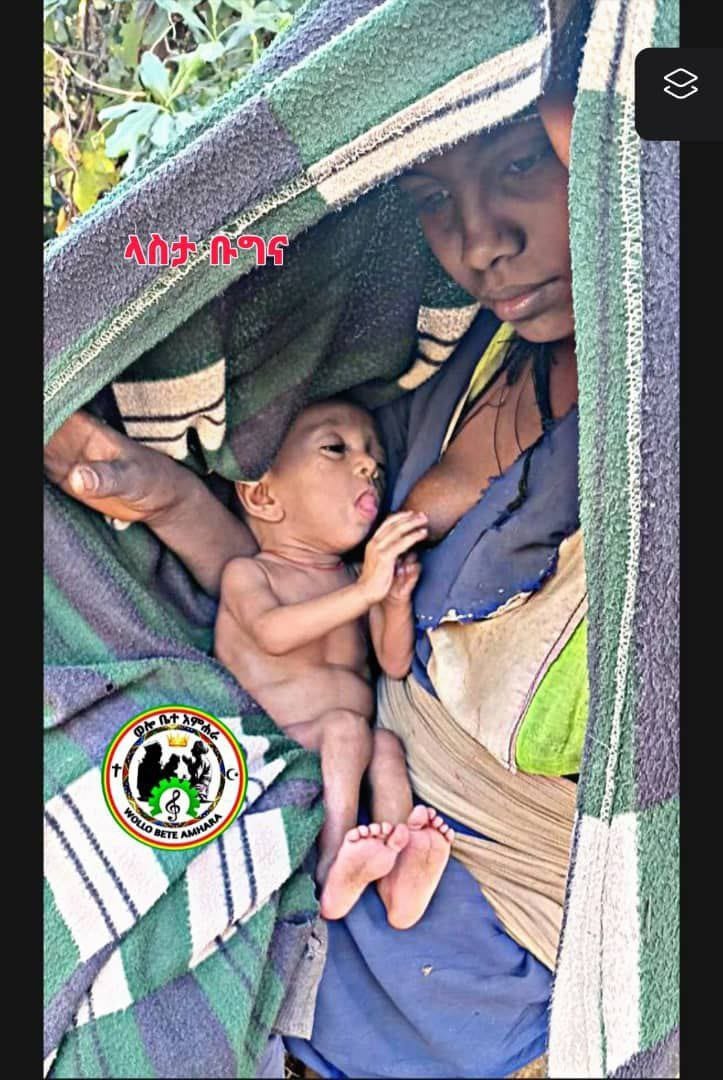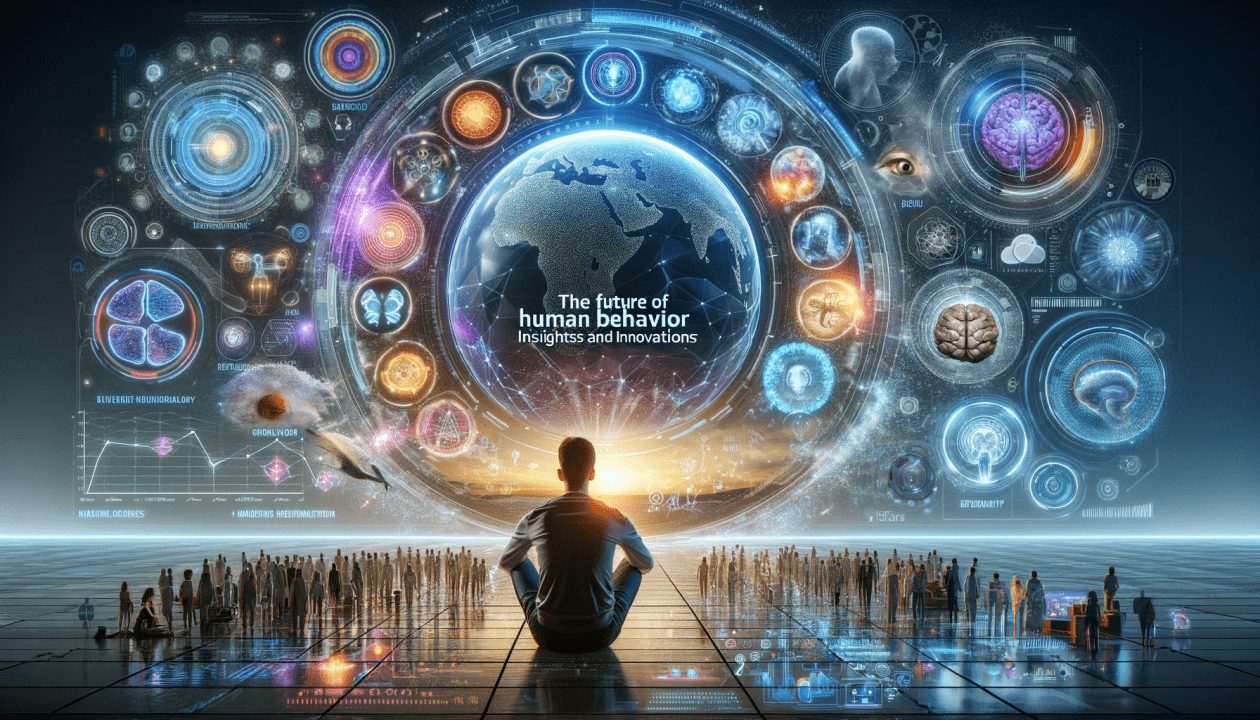By Ephrem Madebo
social life, political or any, I don’t remember to have seen any movement that captivated the imagination of the entire segments of a society like the 2008 Obama presidential campaign did. Obama 2008 was one for the ages so much so that it brought an end to the Anglo-Saxon domination of the executive mansion of the US of America. Most importantly, Obama’s victory gave people of color the hope that; if they work hard, they can rise to the highest standard of honor. All in all, Obama 2008 was full of promises and full of hope. Yes, hope… hope to America, hope to Africa, and hope to the world.
The United States is a country of immigrants, and through the years, especially, after 1974, hundreds of thousands of Ethiopians have immigrated to the United States and have become part of the changing faces of America. Today, the Ethiopian community is a noticeably large community in many metropolitan areas such as Los Angles, San Francisco, Minneapolis, Atlanta, Dallas, Houston, and Seattle. In the Washington Metropolitan Area [District of Colombia, Maryland and Virginia], the Ethiopian Diaspora is a large voting block that can tilt the balance in a closely contested election.
In 2008, inspired by his message of change and his catchy slogan of “Yes We Can” [Yechalal], Ethiopian
Americans joined Obama’s grassroots movement in unprecedented numbers and became part of the American political process with passion and aspiration unseen in any previous US elections. Today, the Ethiopian Diaspora is an active participant of local politics here in the US, and it is also passionately engaged in the politics of its homeland. The Ethiopian community here in the United States is actively involved in lobbying and other political activities to shape policies in favor of its homeland, or to challenge the homeland government. In general, because of its emotional attachment and deep cultural association, the Ethiopian Diaspora places great importance on its homeland.
In 2008, the then candidate Obama’s “Change” and “Yes we can” slogans couldn’t have come at a much better time for most Ethiopians here in the United States. Ethiopians in the United States were sick and tired of the blind policy of George Walker Bush’s administration towards Ethiopia. Especially, President Bush’s despicable silence when Meles Zenawi callously killed over 200 peaceful Ethiopian demonstrators was just beyond the pale. By the way, many of the dead were shot by machineguns mounted on the US made Humvee armored vehicles.
In 2008, we Ethiopians joined the Obama-Biden bandwagon hoping and believing Obama’s foreign policy would take a different route towards Ethiopia. In fact, Obama’s inaugural speech in January 2009, and his speech in Accra, Ghana six months later, reinforced our hope and our expectations. However, today; four long years later, other than his campaign rhetoric and unfulfilled promises, President Obama’s policy towards Ethiopia did not change from his predecessor. Like his predecessor whom he usually blames for bad polices, President Obama himself has embraced Bush’s bad policy and has provided lifeline to the otherwise dying tyrant regime in Ethiopia. Today, to make things worse, President Obama has invited Ethiopia’s killer dictator to Camp David. This is nothing, but a slap on the face for many Ethiopian Americans who volunteered for Obama 2008 and who still are putting the ground work together for his re-election campaign. As an American tax payer, I want the president to answer why he is using my tax dollars to invite a man that has kills my brothers and sisters to Camp David. I wonder why Africa’s vicious dictator is allowed to contaminate Camp David, the very same place where two state men [Menachem Begin and Anwar Sadat] reached a Middle East peace accord.
Mr. President, here are two of the promises you made to the oppressed people of the world. You made the first promise on the rotunda of the US Capitol in January 2009, and the second promise was made in Ghana’s Parliament in July 2009.
To those who cling to power through corruption and deceit and the silencing of dissent, know that you are on the wrong side of history; but that we will extend a hand if you are willing to unclench your fist. President Barack Obama, Inaugural Address
What we will do is increase assistance for responsible individuals and institutions, with a focus on supporting good governance – on parliaments, which check abuses of power and ensure that opposition voices are heard; on the rule of law, which ensures the equal administration of justice; on civic participation, so that young people get involved. President Barack Obama, Accra, Ghana, 2009
Mr. President, PM Meles Zenawi’s fist was clenched before you made the above two speeches in 2009, and ever since. Besides, in his country Ethiopia, the only two places for dissenters are jails and grave yards. Mr. President, Meles Zenawi, the man whom you invited to Camp David has always been in the wrong side of history. However, you still invited this bad man to Camp David to join the party of democratically elected leaders. Mr. President, is this a reward or a punishment? I’m sure you understand that I’m not asking you to end dictatorship in Ethiopia, we Ethiopians can do that. I am not asking you to punish Meles Zenawi, we Ethiopians will kindly serve him justice something he denied to many of us. Mr. President, all I’m asking you is to honor your own words. Yes, honor your words!
Mr. President, in July 2009 you went to your ancestral land of Africa and you addressed the Ghanaian Parliament on different issues concerning Africa and the United States. On this historic day, you raised pressing African issues such as the abuses of power, opposition voices being heard, the rule of law, and good governance. Mr. President, abuse of power is common in Africa. But, the case in Ethiopia is very different. PM Meles Zenawi is a man who has power with impunity, he is the power, and he has the power to abuse power. Mr. President, I know this is difficult for an American to comprehend, but this is what we Ethiopians put up with every day.
As to the rule of law, Mr. President, forget it! There is no rule of law in Ethiopia, but the rule of one man. In Ethiopia, one man can take your freedom and this same man can set you free, and this man who can do everything and whom you invited to Camp David is PM Meles Zenawi. Mr. President, I’m sure you’ve got the picture by now; therefore, I don’t have to tell you about good governance in Ethiopia because there could never be good governance where there is power abuse and where there is no rule of law.
Mr. President, I hope you remember the political set-back you and your party suffered when you lost the House to the republicans two years ago. Well, this isn’t much Mr. President; you still have 190 democrats in the house, a ratio of 38:49. The ratio of opposition to ruling party seats in the Ethiopian parliament is 1:546. Mr. President, I hope this clearly shows you how opposition voices are heard in Ethiopia. Mr. President, let alone listening to opposition voices, PM Meles Zenawi does not even allow the existence of a meaningful opposition. And this is exactly why journalists, authors, newspaper editors, and prominent opposition party leaders are either in jail or outside the country.
Mr. President, just in case you think it’s only me naming Meles Zenawi a dictator, here are two testimonies, one by Assistant Secretary Johnnie Carson and the other by Earl Gast, USAID Assistant Administrator for Africa. These testimonies were made on the April 18, 2012 hearing of Senate Foreign Relations Committee Subcommittee on African Affairs.
Ethiopia is one of the starkest examples of the risks that emerge when a country lacks sufficient democratic checks and balances. By significantly constraining political speech, human rights, and the ability of civil society and the media to hold government officials accountable, the
Ethiopian Government is creating an environment that is ripe for instability and that sends mixed messages about its place in the international community. Earl Gast, USAID Assistant Administrator for Africa
In Africa there are eleven (11) leaders who have been in power for 15 years or more; and of those, nine who have been in power for more than two decades. Some of these leaders emerged during their countries’ independence movements or times of armed conflict and see themselves as indispensable to their country’s future. Indeed, some of these leaders see themselves as the embodiment of the state. Assistant Secretary Johnnie Carson
When Mr. Carson referred to some of these leaders who have been on power for over two decades and who see themselves as the embodiment of the state, he was referring to none, but Ethiopia’s Prime Minister Meles Zenawi.
Mr. President, when I look back at your campaign promises, read your town hall addresses and listen to your inaugural speech, it just amazes me [as dictator as he is], how and why you invited Meles Zenawi to Camp David. According to your own aids, Meles Zenawi has none of the traits that a good leader has, and he is a typical example of an autocratic leader that you vowed your administration would fight in Africa. Mr. President, is Camp David the place of the fight? Please let me know so that I can keep the hope alive. Brace up Mr. President; these are the same questions you will be hearing from tens of thousands of Ethio-American voters this summer. I voted for you in 2008, I’m not even sure if I’m voting this year, but if I do; it won’t be for you! This is how you took the hope out of me!
Mr. President, I understand that America has interests to protect, but I also understand that America has fundamental values that it must not compromise at all. Democracy, liberty, equality and justice are fundamental American values upon which the US government is established. America cannot and must not turn away from these core values in the name of free market or global war on terror. In fact, America’s war on terror is justified because it is to protect democracy, liberty, equality and justice – not only in America, but around the globe. Mr. President, Meles Zenawi, the man you invited to Camp David this weekend, is the enemy of freedom, justice, and equality. As a human being, as an American tax payer, and as a native of Ethiopia, I don’t want my president to reward a person who abuses, tortures, and kills those who don’t agree with him.
Finally, Mr. President, I believe we Ethiopians as a nation have that God given indefeasible right to abolish any regime [ including Zenawi’s regime] that we find oppressive, unjust and divisive, and establish a government whose roots are democracy, liberty, equality, and justice- just like your government. Mr. President, I’m not asking for a blessing or a green light to fight for my own liberty. Fighting for liberty is my inalienable right. Mr. President, I would rather see you breaking your promises than do worse in keeping them. I’ve already said it above, and I would like to repeat it – all I’m asking you is to honor your own words. Yes, honor your words! May God bless America and Ethiopia!


